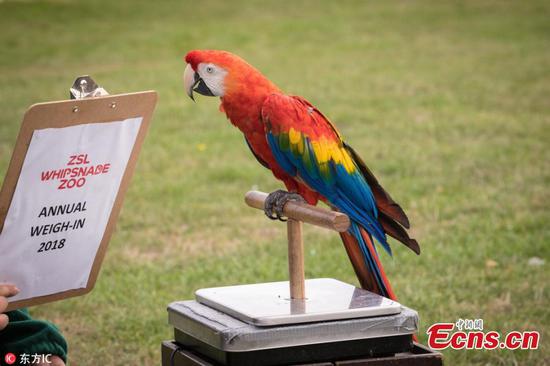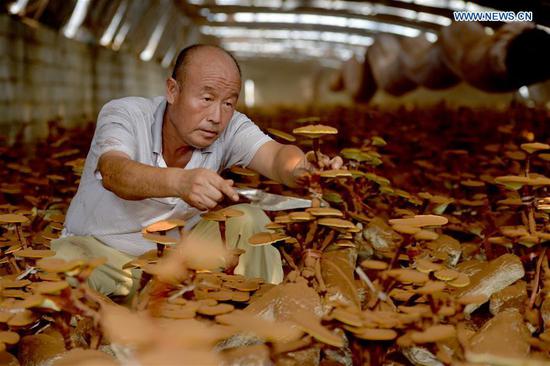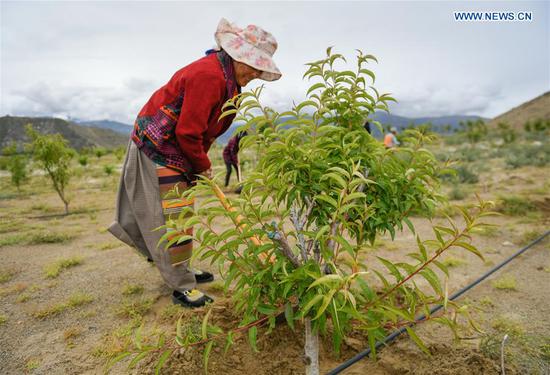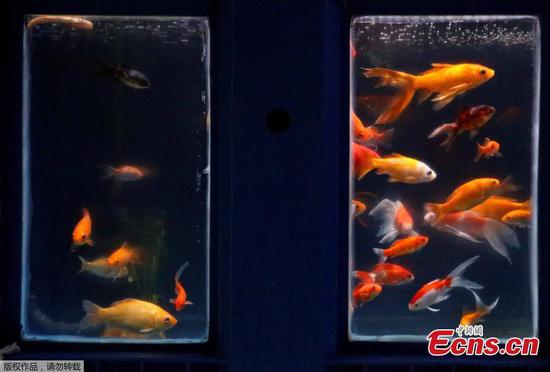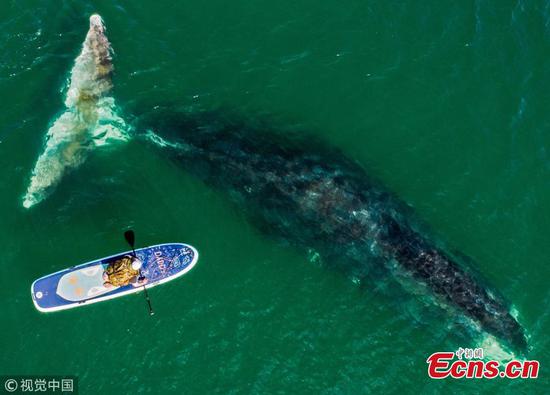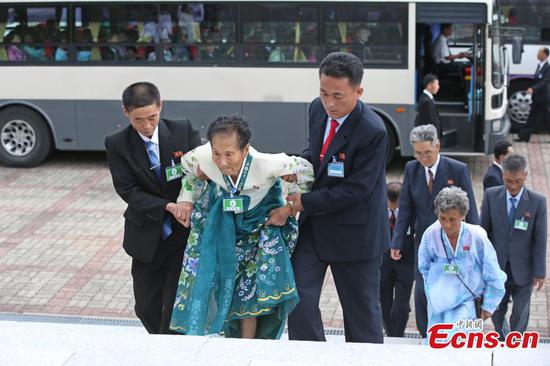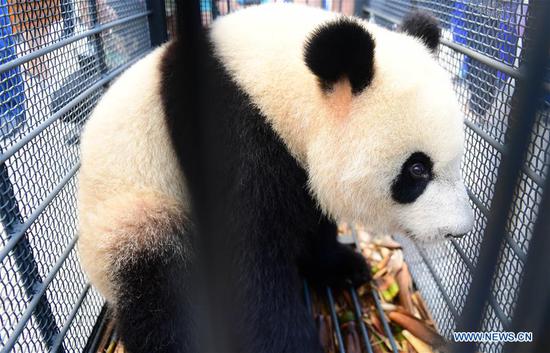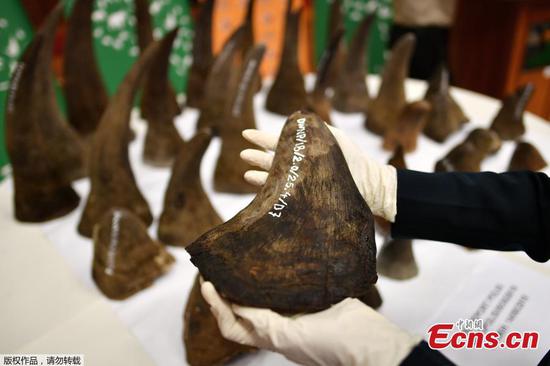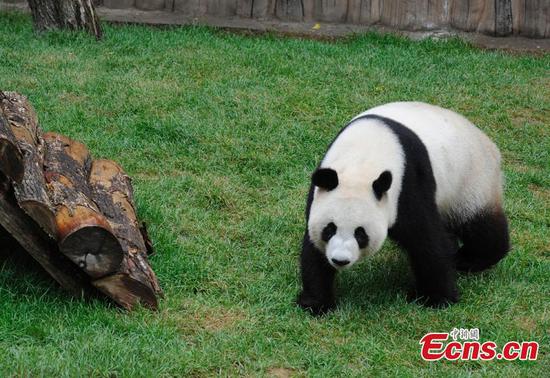Chinese scientists have identified a gene playing an important role in regulating the development and lifespan of primates through genome-editing technology and experiments on monkeys and human stem cells.
The study may open the door to new research on human development and aging, as well as new treatments for age-related disorders, said Liu Guanghui, a professor at the Institute of Biophysics of the Chinese Academy of Sciences (CAS).
Understanding the genetic basis of aging is the prerequisite to delaying aging and treating age-related illnesses, Liu said.
In 1999, scientists found that the Sir2 gene plays a role in prolonging the lifespan of Saccharomyces cerevisiae, a kind of yeast. Then scientists found that the SIRT6 gene, a homologue of Sir2, is involved in the regulation of aging and longevity in rodents.
Deficiency of SIRT6 from mice leads to features of accelerated aging such as loss of subcutaneous fat, spinal curvature, colitis and shortening of telomere.
However, the biological function of SIRT6 in primates remains largely unknown.
A joint research team of scientists from the CAS biophysics and zoology institutes spent three years studying how to knockout SIRT6 gene in different tissues of monkeys using CRISPR-Cas9-based gene editing technology.
Scientists injected the gene editing tools into 98 monkey zygotes, of which 48 developed into embryos with normal form and were implanted into 12 surrogate mother monkeys. Four became pregnant, giving birth to three baby monkeys 165 days later and one aborted.
They were the first primates that were deficient in SIRT6 gene. However, different from SIRT6 deficient mice that show premature aging phenomena about two to three weeks after birth, SIRT6-depleted monkeys died within hours after birth. Notably, they exhibited severe prenatal developmental retardation.
"Our results for the first time suggest that SIRT6 is involved in regulating development in non-human primates, and might provide an insight into the research of human developmental disorders," Liu said.
In addition, Chinese scientists conducted in vitro experiments to generate SIRT6-null human embryonic stem cells. This showed that SIRT6 deficiency hindered the differentiation of stem cells to mature neurons.
Their study was published in the latest issue of Nature.
"In future research, we plan to test whether other longevity genes also play a similar role in monkey, and continue our research to unravel the mechanism of human aging," Liu said.









